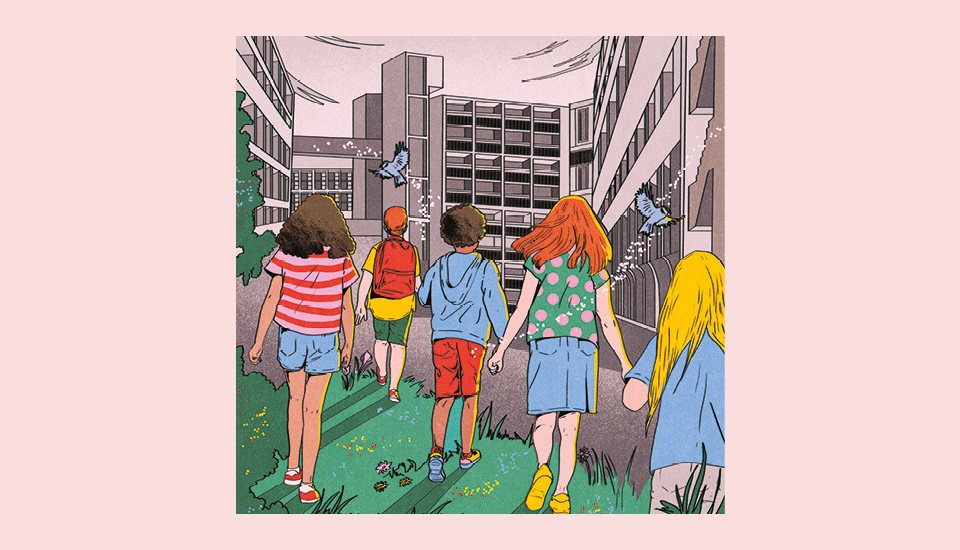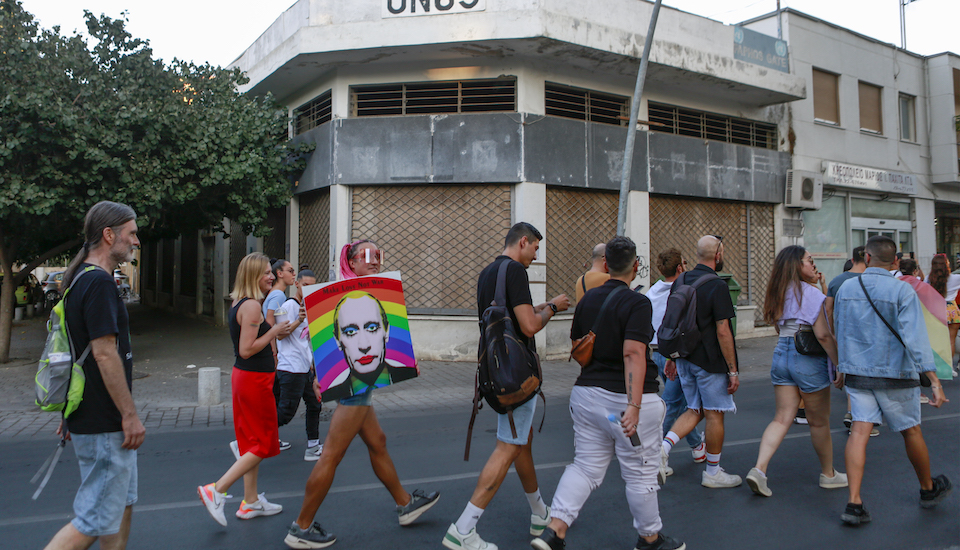In this issue:
We focus on the issues and trends affecting children and young people.
“There is mounting recognition of the way the pandemic and other trends have particular impacts on young people.”
Of course, it has been the older generation that has been most obviously and tragically impacted by the pandemic, with death rates much higher among older people. However, there is mounting recognition of the way that the pandemic and other trends – including climate change, the iniquitousness of social media and changes in schooling and the economy – have particular impacts on young people. The damage done to young people from these issues, especially in the last five years with all these overlapping crises, has been intense, profound and will be long-lasting.
This edition of RSA Journal explores some of these challenges, shifts and practical innovations around young people or, as Bobby Duffy explores in his piece, what is referred to as ‘Generation Covid’. Duffy questions how useful these labels – whether Generation X, Y or Covid – are in understanding what shapes us, arguing that ‘period effects’ are more significant regardless of age. Drawing on her work in Kenya, Wangui Kimari also highlights how language can be unhelpful, arguing that what lies beneath the common use of the term ‘youth bulge’ to describe demographic shifts in Africa are pessimistic and biased ways of thinking about young Africans.
Read this issue's articles online:
- The generations game by Bobby Duffy
- Farming out loud by Shakara Tyler
- In conversation with Don McLaverty
- Bird's eye view by Mya-Rose Craig
- Where is Ukraine by Olesya Khromeychuk
- Tomorrow's champions by Wangui Kimari
- Under the influence by Kate Eichhorn
- A Celebration by Colin Hopkins
- You're out of data by Claudia Baldacchino
- School's out by Mehak Tejani and Hannah Breeze
- Youth Works by Leah Clarkson
- Mind Matters by Charlie Hertzog Young
- Last Word: JOMO by Kaveri Gopalakrishnan
The composition of the RSA Fellowship is changing and – as our round-up of projects outside of the UK shows – increasingly, Fellows’ activities concentrate on engaging young people and making a practical difference to their lives. RSA research and innovation informs Mehak Tejani’s and Hannah Breeze’s question of whether exclusion from school is ever justified and what can be done to minimise its use and impact, while Colin Hopkins, Executive Director of RSA Academies, shares his insights into the academies’ mission and accomplishments over the last decade.
We also hear from Don McLaverty, a trustee of the RSA and the outgoing chair of the RSA’s Fellowship Council, about what he has learned serving on the Council, his perception of the role of Fellows in the future of the RSA, and how the Society needs to reach out to younger people.
Last year, research from Imperial College, London warned that eco-anxiety among children was growing. Climate activist and RSA Fellow Charlie Hertzog Young writes about how eco-anxiety impacted seriously on his mental health, highlighting the need for collective action and support, while another young activist, Mya-Rose Craig – aka ‘Birdgirl’ – shares her experiences and ideas for how young people generally can best use their (often limited) resources to effect change. From the US, activist farmer Shakara Tyler tracks some of the developments in America around ‘Afroecology’, exploring how the food sovereignty and climate justice movements intersect, particularly for Black youth.
As the world debates the implications of Elon Musk’s purchase of Twitter and the benefits and harms of social media – including amplifying our fear of missing out (FOMO) – Kate Eichhorn explores the role of the influencer, particularly in relation to girls and young women, while Indian illustrator Kaveri Gopalakrishnan shares her own creative take on the joy of missing out (JOMO).
As ever, the journal covers current issues outside of its core theme. With the war in Ukraine now in its third month, Ukrainian Institute London’s director Olesya Khromeychuk’s piece challenges us all to think about how we got here and why so many of us know so little of Europe’s largest country, its culture and history. Closer to home, Claudia Baldacchino of People Know How explores another gap in our knowledge – data poverty – and shares how her organisation is tackling this widely misunderstood social problem.
pdf 5.4 MB

Related articles
-
Young at heart
Journal
Jonathan Prosser
Becoming a nation with children at its centre in 10 courageous steps.
-
Open RSA knowledge standards
Blog
Alessandra Tombazzi Tom Kenyon
After investigating ‘knowledge commons’, we're introducing our open RSA standards and what they mean for our practice, products and processes.
-
Worlds apart
Comment
Frank Gaffikin
We are at an inflexion point as a species with an increasing need for collaborative responses to the global crises we face.



